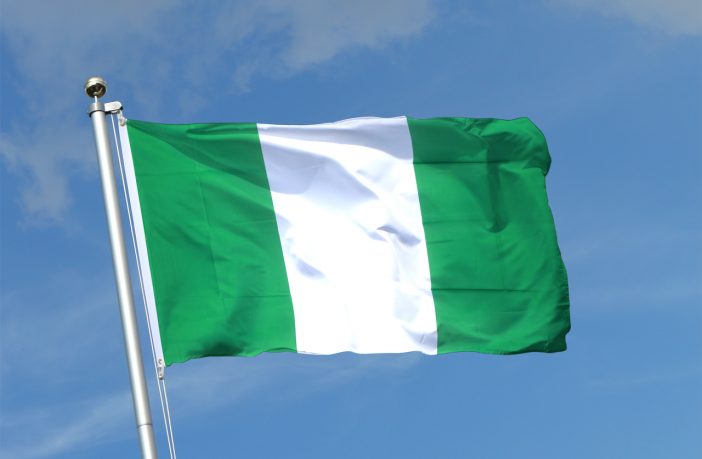- Nigeria has introduced the franchising of its electricity distribution networks in a move which the authorities say will encourage the development of renewables.
Abdu Bello Mohammed, chief of staff at regulator the Nigerian Electricity Regulatory Commission, told a webinar held by German development ministry entity Green People’s Energy and Brussels-based membership body the Alliance for Rural Electrification, his nation’s 11 electric distribution companies are franchising portions of their network to private providers in a move which could foster mini-grid provision.
Mohammed and power sector peers from Ethiopia, Namibia and Ghana were responding to concerns voiced by German former politician Bärbel Höhn, who listed some of the obstacles to renewables roll-out she had witnessed in her unpaid role as commissioner for energy reform in Africa for development ministry the Deutsche Gesellschaft für Internationale Zusammenarbeit.
Stressing the need to win hearts and minds to the clean energy cause, and referring to the successes achieved in her homeland, Alliance ’90/Green Party member Höhn said subsidies for fossil fuel-fired power were a problem, with consumers in some African nations paying as little as US$0.05/kWh for conventional electricity.
Clean power developers would not be willing to invest for such low returns, said the former Bundestag MP and minister for agriculture in the German state of North Rhine-Westphalia, who added, bureaucracy and lack of support for private companies was also a hurdle to renewables in some African states. Höhn also called for high-quality equipment and comprehensive training, to sell the efficiency and job creation benefits of clean power.
Mohammed said Nigeria has mini-grid regulation in place that ensures installers of solar systems with a generation capacity of up to 100 kW need only complete a basic registration process and, for systems between 100 kW and 1 MW, a simple online permit was all that was required. The regulator representative said licences would be required only for systems bigger than 1 MW and added, Nigeria offers a feed-in tariff for solar facilities with generation capacities of up to 5 MW.
The country, said Mohammed, is aiming for 8 GW of renewables generation capacity this decade.
Author: Cosmas Mwirigi
This article was originally published in pv magazine and is republished with permission.















